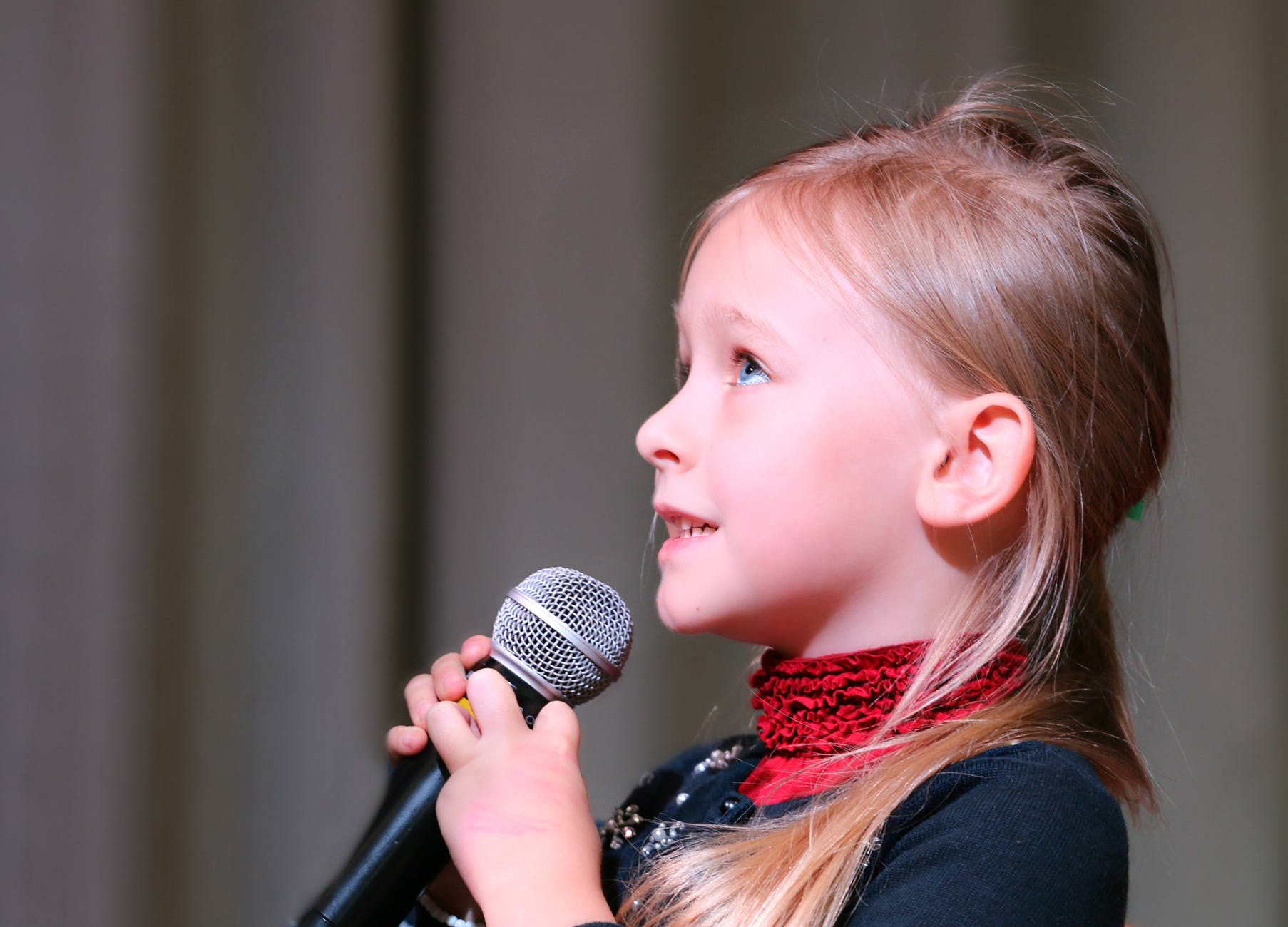Music and child development. We love music in our home. In fact, our boys are making us tired at least a few times a day just from dancing! Research has shown that music plays a critical role in your child’s development. Music touches on various aspects of development and skills. These areas include: intellect, social-emotional, language, school readiness, motor skills and overall literacy to name a few.
As there are many aspects of how music and child development are related, we’ll be looking at a few areas as outlined below. We believe that all these are important and are not ranked in any particular order. The effect of music and child development research dates back to 1930s although most studies have been focusing on this from the 1950s onwards.
For example, research dated back to 1953 looks at how music affects personality. For example, Cattel and Anderson developed a musical preference test (MPT) and explored the relationships between music and personality development.
So let’s look at the importance of music in early childhood development:
How Music Helps Child Development
Music Develops Learning
Music encourages cognitive development in children. It does this by boosting memory in children. This is evident when your child starts repeating the lyrics of a known song. Music also enhances motor skills. Have you watched your little one bust a move? That’s direct result of better motor skills.
Music Can Improve Learning
We mentioned how music can develop a child’s memory and enhance motor skills. Additionally, music can improve learning. Classical music is known for developing and helping with math. Classical music is known to be mathematical in nature. According to ParentMap, many notes and rhythms create “strong neuro pathways” that can add up to stronger math skills later in life. Want to have your kids ace that math exam? Perhaps a little classical music once in a while is not such a bad idea.
Music Increases IQ
Research also demonstrated that learning a new musical instrument helps increase IQ. Whether it’s picking up drums, guitar or piano lessons, it’s worth considering. If you start your children young, this can have a very positive effect. Studies have shown that learning an instrument for a year combined with regular practice can contribute to a three point bump on the IQ scale.
Music Inspires Creativity
Whether it’s gibberish or actual lyrics, dancing like no one is watching, children enjoy digging into their own creative spirit. The more music is played and enjoyed, the more the right and left side of the brain is connected. This connectivity of the brain encourages more creativity.
Music Builds Self-Esteem – Confidence
Related to a few points above, music and child development plays a key role in self-esteem and confidence levels. Music provides the means for a child to express themselves through singing and dancing. By singing or dancing in front of others, whether it’s a familiar face or not, children can develop their confidence further. As adults, we all hear of stage fright. If children continue to listen to their favourite tunes and enjoy their own creativity, their confidence level also increases.
We’ll love to hear your comments on how music plays a part in your child’s development. Does your child or children have a favourite artist or type of music? Have you seen a positive change in your child by exposing them to music in their daily lives?

